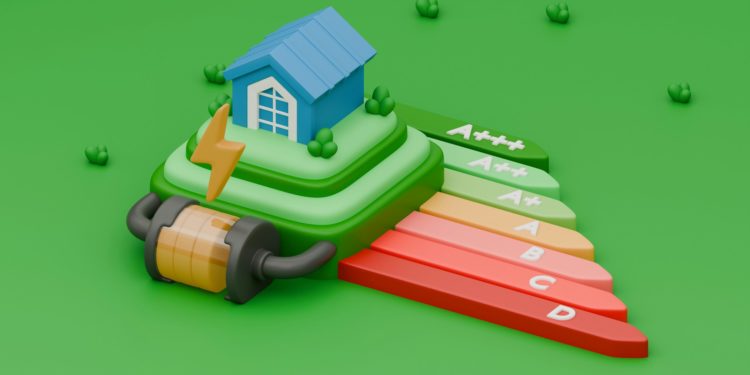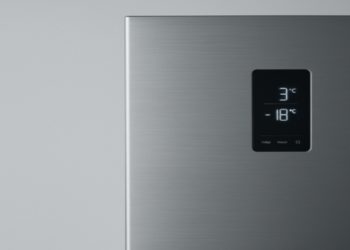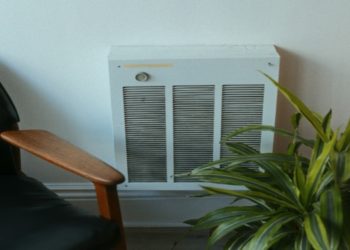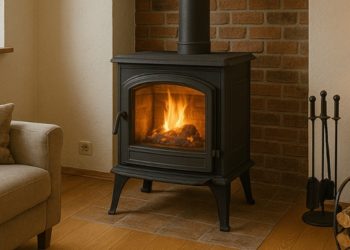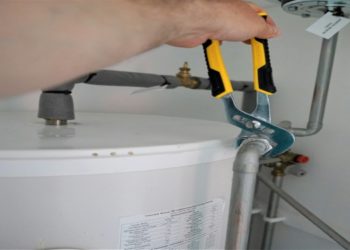Sustainability has become a crucial consideration in modern living, and one of the key areas where individuals can make a significant impact is in their homes. As the world grapples with climate change and environmental degradation, finding ways to make our homes more energy-efficient is essential. In this article, we’ll explore four ideas for sustainable home energy that not only reduce your carbon footprint but also lead to long-term cost savings and a more environmentally friendly lifestyle.
Sustainable home energy refers to the practice of using resources in the home efficiently to minimize waste and reduce environmental impact. This includes reducing energy consumption, utilizing renewable energy sources, and implementing energy-efficient technologies and practices.
Why Sustainable Home Energy Matters
Importance of Reducing Carbon Footprint
Every action we take has an environmental impact, and traditional energy consumption methods contribute significantly to carbon emissions. By adopting sustainable home energy practices, individuals can reduce their carbon footprint and mitigate the effects of climate change.
Long-term Cost Savings
Investing in sustainable home energy solutions may require an initial upfront cost, but the long-term savings can be substantial. Energy-efficient homes consume less energy, resulting in lower utility bills and reduced maintenance costs over time. To maximize long-term cost savings on your energy expenses, Utility Bidder offers expert solutions to optimize your utility plans effectively.
Understanding Energy Efficiency
Definition of Energy Efficiency
Energy efficiency refers to how efficiently energy is utilized in a particular system or process. When it comes to home energy, it means using less energy to accomplish the same tasks, like heating or cooling a residence. To delve deeper into the concept of energy efficiency and explore ways to enhance it in your home, you can refer to resources available on energyhelpline.com.
Benefits of Energy-efficient Practices
Energy-efficient homes offer numerous benefits, including lower energy bills, improved comfort and indoor air quality, and reduced environmental impact. By reducing energy waste, homeowners can also help alleviate strain on the grid and contribute to a more sustainable energy future.
Four Ideas for Sustainable Home Energy Efficiency
Switching to LED Lighting
One of the simplest and most effective ways to improve home energy efficiency is by replacing traditional incandescent light bulbs with energy-efficient LED bulbs. LEDs consume significantly less energy, last longer, and emit less heat, making them a cost-effective lighting solution for homes.
Investing in Energy-efficient Appliances
Home appliances account for a significant portion of household energy consumption. Upgrading to energy-efficient appliances, such as refrigerators, washing machines, and dishwashers, can lead to substantial energy savings over time. Look for appliances with the ENERGY STAR label, which indicates they meet high standards for energy efficiency.
Improving Home Insulation
Proper insulation is essential for maintaining a comfortable indoor temperature and reducing energy waste. Insulating your home’s walls, attic, and floors can prevent heat loss in the winter and heat gain in the summer, reducing the need for heating and cooling systems and lowering energy bills.
Utilizing Renewable Energy Sources
Harnessing renewable energy sources like solar and wind power can further reduce your home’s reliance on traditional energy sources and lower your carbon footprint. Installing solar panels on your roof or investing in a residential wind turbine are viable options for generating clean, sustainable energy at home.
Implementing Sustainable Practices: Tips and Tricks
Creating a Home Energy Audit
Conducting a home energy audit can help identify areas where energy is being wasted and opportunities for improvement. Professional auditors or DIY audit kits can assess your home’s energy usage and provide recommendations for increasing efficiency.
Setting Energy-saving Goals
Setting specific, measurable energy-saving goals can help motivate homeowners to make sustainable changes and track their progress over time. Whether it’s reducing overall energy consumption by a certain percentage or upgrading to energy-efficient appliances, having clear objectives can guide decision-making and prioritize actions.
Involving the Whole Family
Sustainable living is a collective effort, and involving the whole family in energy-saving initiatives can lead to greater success. Educate family members about the importance of energy conservation, encourage them to adopt energy-efficient habits, and celebrate achievements together as a team.
The Future of Sustainable Home Energy
The future of sustainable home energy looks promising, with continued advancements in technology and growing awareness of environmental issues driving innovation and change. Emerging technologies such as smart home systems, energy storage solutions, and decentralized energy grids hold the potential to revolutionize how we power and manage our homes.
Policy changes and incentives from governments and utilities also play a significant role in promoting sustainable home energy. Incentive programs, tax credits, and rebates for energy-efficient upgrades encourage homeowners to invest in sustainable solutions and accelerate the transition to a cleaner, greener energy future.
Sustainable home energy is not only beneficial for the environment but also for homeowners’ wallets. By implementing energy-efficient practices and investing in renewable energy sources, individuals can reduce their carbon footprint, save money on utility bills, and create a more comfortable and sustainable living environment for themselves and future generations.






















































